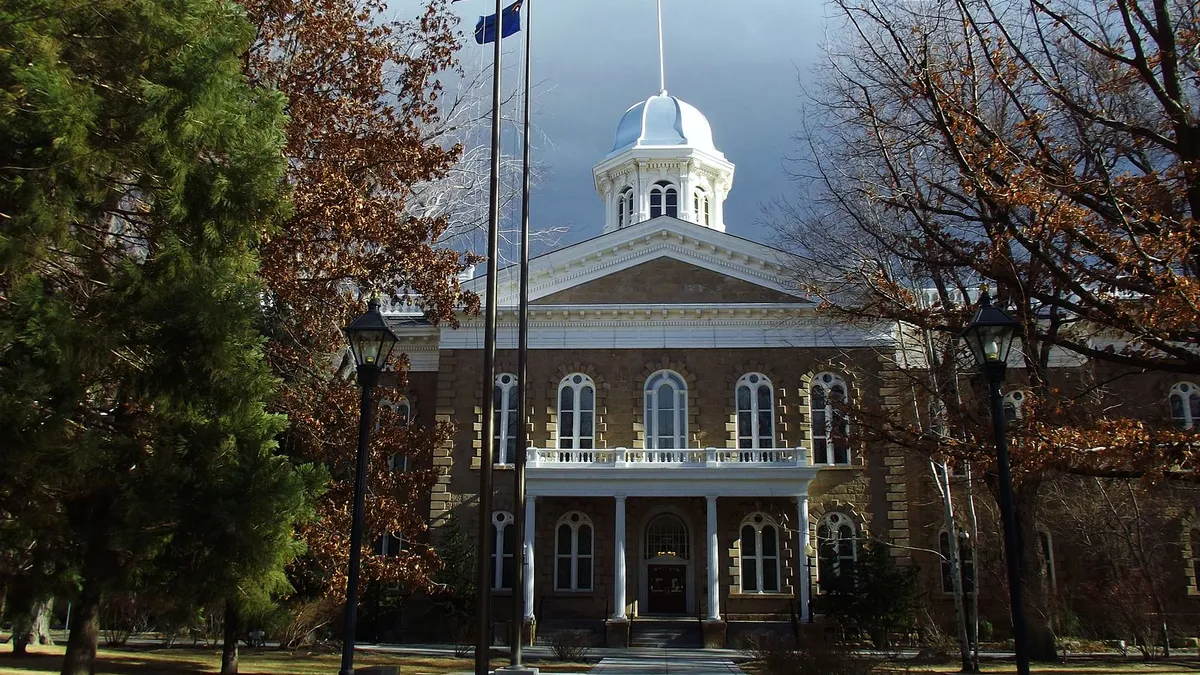Dive Brief:
- Nevada will be the first state to prohibit employers from refusing to hire job applicants on the basis of positive marijuana tests, due to a law signed Wednesday by Democratic Gov. Steve Sisolak.
- The law, Assembly Bill No. 132, makes a few exceptions: its provisions don't apply to firefighter and emergency medical technician positions, nor to jobs requiring operation of a motor vehicle or those for which federal and state law require employees to submit to screening tests. The law also makes an exception for positions that employers determine "could adversely affect the safety of others."
- If an employer requires a screening test within a workers' first 30 days of employment, the employee may submit to an additional screening test — at the his or her expense — to rebut the results of the initial screening. Employers will be required to "accept and give appropriate consideration" to the results of such additional screenings. The law is set to take effect Jan. 1, 2020.
Dive Insight:
Nevada's law adds to a complex compliance issue for employers operating in multiple jurisdictions. At least 10 states, including Nevada, already have legalized recreational use of marijuana, but the drug remains classified as a Schedule I substance under federal law. Meanwhile, more than 30 states maintain laws permitting medical marijuana use, creating a web of competing obligations.
At the same time, fewer employers are testing for marijuana in states where it has been legalized, according to a 2018 report. Experts have suggested that employers rethink zero-tolerance policies in light of the tight labor market. Such policies also can create problems in states like Maine, which recently enacted a law protecting employee use of marijuana outside of the workplace. For now, marijuana use remains largely unsettled in an employment context, one attorney previously told HR Dive.
Notably, however, provisions of Nevada's law won't apply "to the extent that they are inconsistent or otherwise in conflict" with an employment contract or collective bargaining agreement, nor to the extent that they're in conflict with provisions of federal law. Additionally, the law doesn't prohibit employers from testing for marijuana altogether, Eric B. Meyer, a partner at FisherBroyles, wrote in a blog post. Meyer also noted that a similar law is due to take effect in New York City later in 2020.














